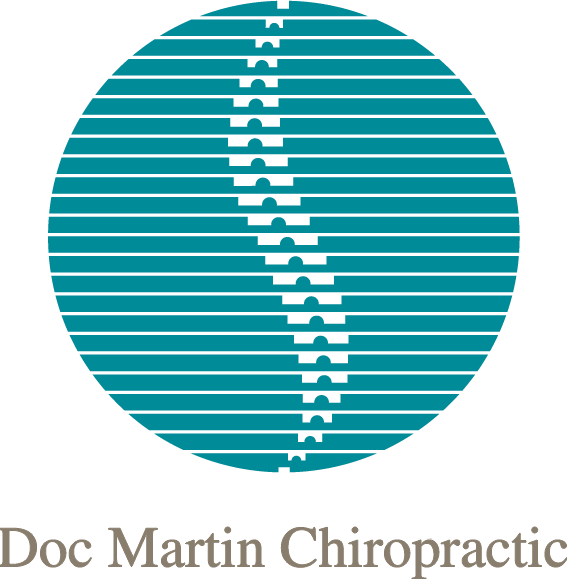
NO! Animal protein is NOT superior to plant protein!
Plant protein = animal protein.
Protein is protein, whether sourced by plants or animals. click here
What major event in history sparked the
first protein lie—one little misconception
that erupted into an uncontrollable wildfire
of protein lies?
Lies embedded deeply into our minds, shaping our beliefs,
food choices, and habits.
Lies that can destroy our health and our
children’s and grandchildren’s health.
After all, we program our children’s
minds and habits, whether healthy or harmful.
It’s time to shake off the lies systematically fed to us
by the protein-powers-that-be!
Warning! The protein facts you’re about to read may be
beneficial to you and your life.
I Smell a Rat
The very abbreviated story.
About 129 years ago, 1914, L.B. Mendel and T.B. Osborne
studied rats. They proclaimed the supremacy of animal
protein over plant protein.
They classified meat protein as class “A” protein; plant protein,
class “B.”
Meat sources of protein were automatically
elevated to “good” protein; plant sources of
protein demoted to “inferior” protein.
To this day in 2023, our culture continues to perpetuate this lie.
And we believe it.
Why? It can be argued that we just don’t know, or we can
open our eyes to the truth:
We love to eat what we’ve been conditioned to eat—since
we were babies.
And, by golly, we’re not about to change.
We want to eat whatever we want to eat
when we want to eat it.
Greed Begets Greed
In the 1940s, based on more rat experiments, the egg and
dairy industries leapt aboard the “good” protein band wagon.
Ah-ha! Money to be made by fueling America’s love affair
with their deeply-rooted, food favorites.
In 1956, the meat, egg, and dairy industries, along with
other commercial food interest groups lobbied the U.S.
Department of Agriculture.
The result? Ta-da! The birth of the . . .
THE FOUR FOOD GROUPS
As we well know, The Infamous Four emphasized meat-centered
meals, as well as boxed cereals, refined breads, milk, cheese,
eggs, convenient and processed foods, and sugared foods.
Fresh, whole fruits and vegetables slipped
into the shadows of these dominant,
American faves that satisfied our taste buds,
filled our bellies and chipped away our health.
The result: the perpetuation of one food lie after another
believed as absolute truth by a whole nation—for the last
67+ years.
No end in sight.
“If you tell a big enough lie and tell it frequently
enough, it will be believed.” –Adolf Hitler
Meat Protein Dethroned, Plants Reign
Fast forward to the present.
In 2019, an excellent review study of relevant literature
mightily debunks the “good protein” meat myth and
advocates plant-sourced protein and plant-based diets.
“Perspective: The Public Case for Modernizing the Definition
of Protein Quality,” https://doi.org/10.1093/advances/nmz023
The historically, popular belief that animal dietary protein is
superior to plant dietary protein directly opposes the current
“Dietary Guidelines for Americans.”
These updated guidelines clearly encourage Americans
to eat more plant foods and less meat.
Plant Protein Provides All We Need
Furthermore, this study reinforces the fact
that consuming a variety of plants provides
all the “essential amino acids [protein building
blocks] we need without consuming any
animal sourced protein.”
Plant Protein Promotes Health
The potential health benefits of a plant-based diet:
- Lower BMI (weight)
- Lower risk of heart disease,
- Lower risk of type 2 diabetes
- Lower risk of cataracts
- Lower risk of obesity
- Lower risk of cancer
- Lower risk of inflammatory bowel disease while
promoting colon health
Diets high in animal sourced protein are linked
to heart disease, cancer, type 2 diabetes, and
the list goes on.
Still Clinging to Meat Myths
WHY don’t we know about the monumental
reversal in dietary guidelines from meat-based
to plant-based diets?
My opinion?
Point 1: If people actually lowered their consumption of
animal dietary protein, it would hurt the bottom line of
the meat, dairy, and egg industries. Therefore, the food
industries use their power to squash research-supporting
recommended shifts from eating animal products to
eating plant products.
Point 2: Where would the dollars come from to run
a national campaign that plant sources of dietary protein
promote health while animal sources of dietary protein
can hurt health?
The humble, hard-working farmers? Not deep
enough pockets.
Point 3: The biggest obstacle of all:
Americans just don’t want to hear,
read, or believe the truth about the
foods they love to eat.
Convincing evidence for the health
benefits of a plant-based diet has
been out there for decades.We choose not to notice.
Most have no desire to change
eating habits or shift lifestyle behaviors
that may be killing them.
Sad but true.
Eating animal products is a choice, your choice,
not a necessity.
“Perspective: The Public Case for Modernizing
the Definition of Protein Quality,” David L Katz, Kimberly N Doughty,
Kate Geagan, David A Jenkins, Christopher D Gardner Advances in Nutrition,
Volume 10, Issue 5, September 2019, Pages 755–764,
https://doi.org/10.1093/advances/nmz023
